We as a society have to decide whether or not the ability to access and change our brains is something that we want, that we’re going to embrace, or something that we’re going to put limits on.
World Economic Forum Annual Meeting 2016 (Page 1 of 3)
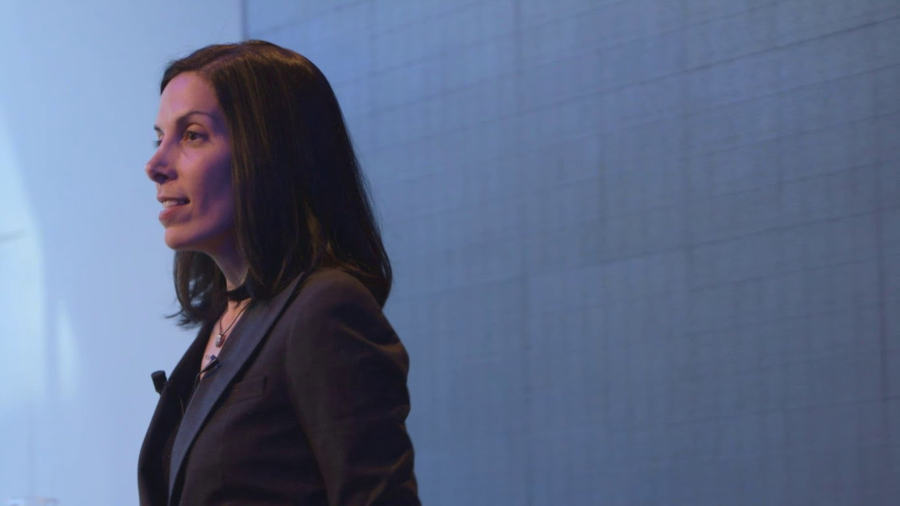
Brain Power: Nita A. Farahany
presented by Nita A Farahany
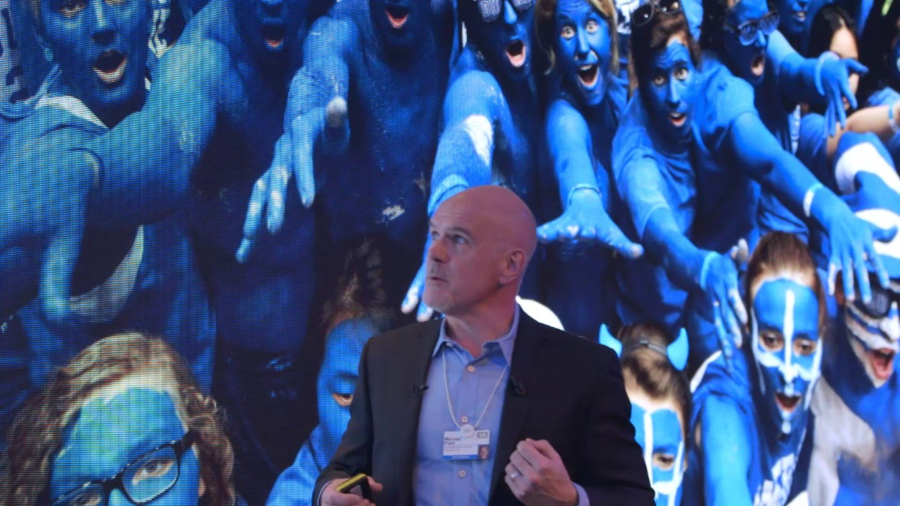
Brain Power: Michael Platt
presented by Michael Platt
It’s wonderful to be here in Davos sharing our commitment to improving the state of the world. And the recipe is really I think quite simple. All you’ve got to do is grow the economy, increase participation in that economy, within a rapidly-changing world, with increasing automation and technology, on a planet that’s straining to meet our resource needs. Piece of cake, right?

Brain Power: Corinna E. Lathan
presented by Corinna E Lathan
Why don’t we quantify the brain? What I want to argue today is that we need a shift from diagnosis and treatment, to wellness and prevention. And that we have the data to do it.
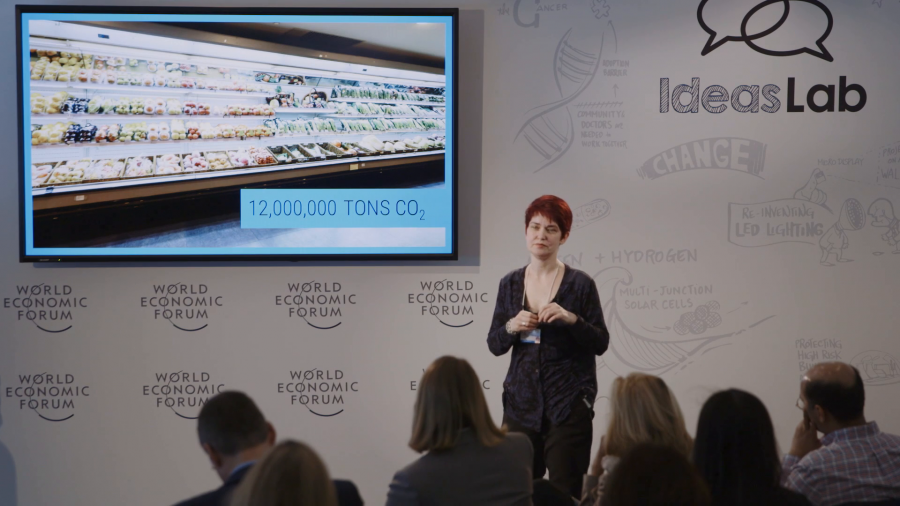
Holistic Heat Management
presented by Mary Ryan
Machines generate waste heat when they do work for us. And this year, seven billion of us will use twenty-five trillion kilowatt hours of electricity. An awful lot of that will end up as waste heat. So, we treat waste heat as a problem. We see it as a challenge to design how we can manage it. We don’t think of it as a resource. If we thought of it as a resource, that would be results we are just throwing away.
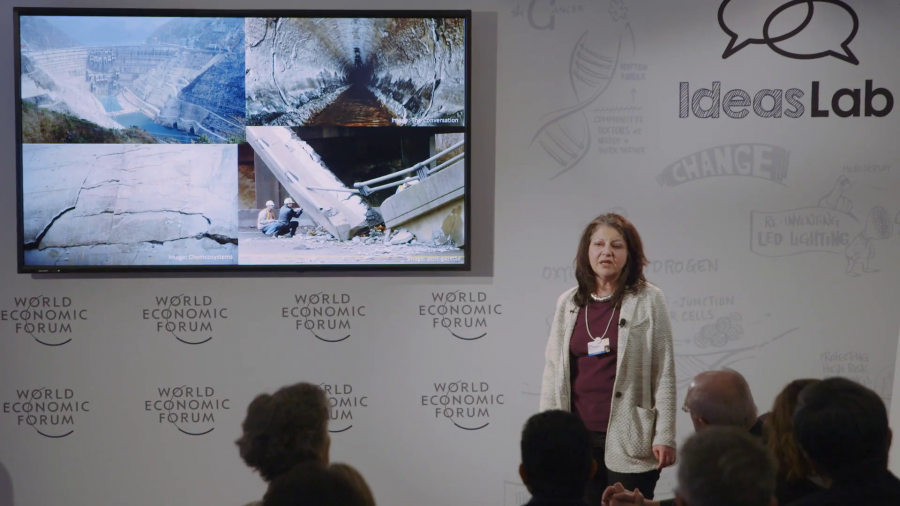
Self-healing Concrete for Low-carbon Infrastructure
presented by Abir Al-Tabbaa
Our bridges, motorways, tunnels, and dams, and all the buildings that make up our infrastructure are vital to our society and economic growth yet we take them for granted. The shocking truth is that our infrastructure is crumbling beneath our feet. And this is costing us dearly, both in terms of money and carbon.
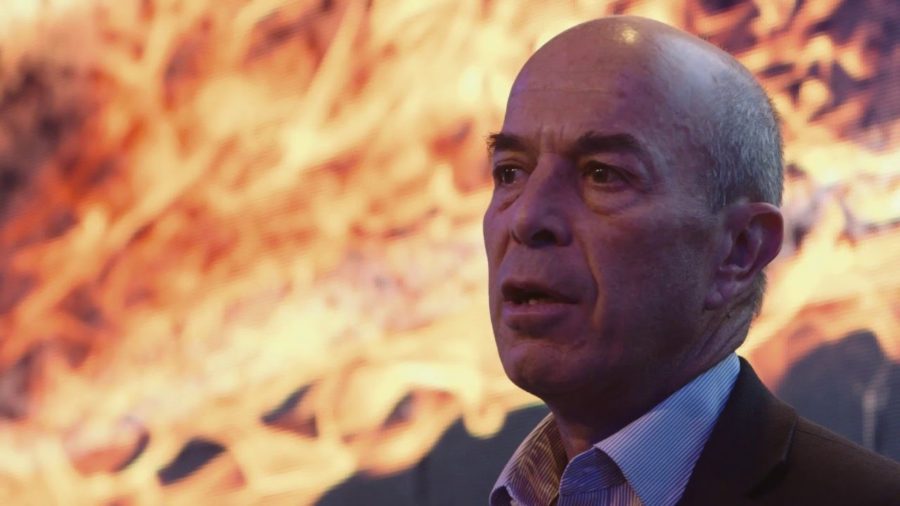
A Brief History of Industrial Revolutions: Ian Goldin
presented by Ian Goldin
Our connectivity not only spreads good ideas, it spreads bad ones too. Our connectivity not only allows us to make finance travel around the world and help people, it means that a cascading risk that originates in the South of the US can be everywhere within a matter of hours. And this hyperconnectivity, this butterfly defect of globalization, requires new management.

A Brief History of Industrial Revolutions: Hannah Dawson
presented by Hannah Dawson
The question that philosophers have asked since antiquity is how should you live? What is the good life for a human being? And the two answers that have repeatedly come back time and time again are that there are two things that matter. One is agency. That’s to say being in control of your life, actively, creatively engaging with the world. And the other is community.
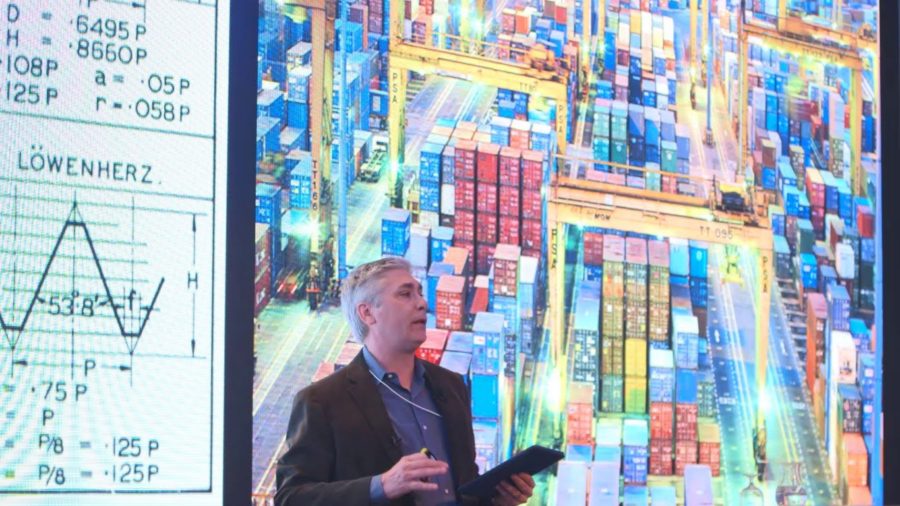
A Brief History of Industrial Revolutions: Patrick McCray
presented by Patrick McCray
One of the ways that industrial revolutions are interesting to think about is that they look differently depending on how and where you see them from. They look different whether you see them from Europe or Asia or Africa. But regardless of time or place, economists and historians generally tend to look at industrial revolutions through the lens of innovation. And in my short talk today I want to encourage a different way of thinking about this.
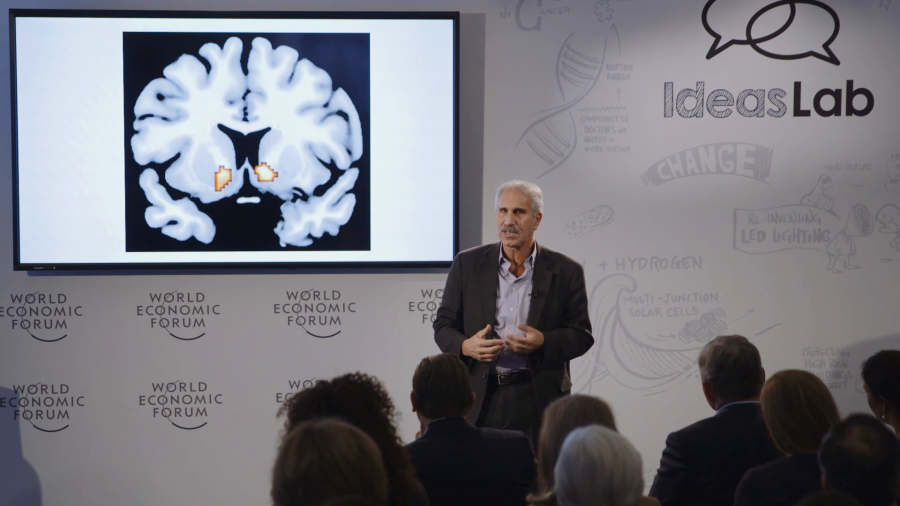
Molecular Mechanisms of Reward and Aversion
presented by Robert Malenka
Why do we do the things that we do? Why do we sometimes choose to be loving parents and other times engage in irrational self-destructive behaviors? What drives us to sometimes be altruistic and other times make decisions that really threaten our very survival? Well, the answer lies in our brains. Our brains evolved to ensure that we repeat behaviors that will lead to our survival.
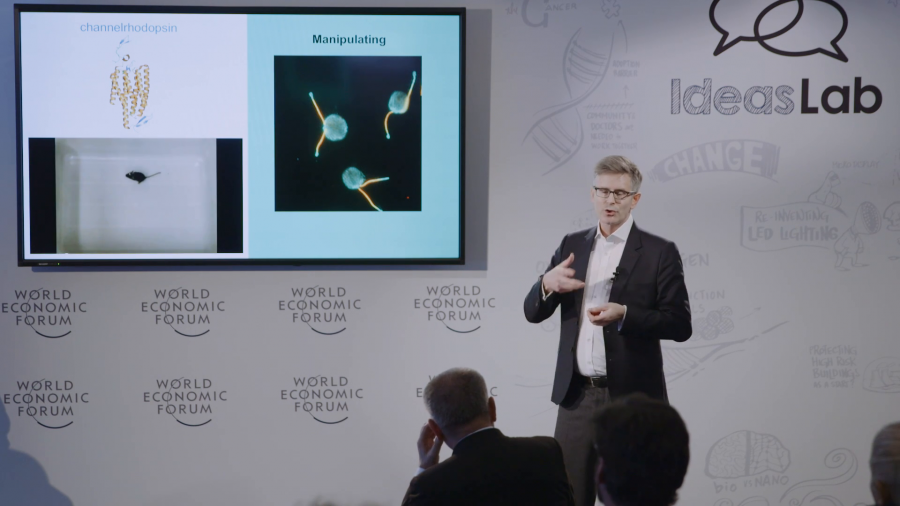
The Cellular Basis of Neural Computation
presented by Michael Hausser
Over the past century, we’ve been to the moon, we’ve split the atom, we’ve sequenced the human genome, but were still only at the very beginning of our understanding of the human brain. This is one of the great challenges that we face. If we can understand the brain, we can develop better treatments for brain disorders, we can design better robots, better computers, and ultimately we can better understand ourselves.
